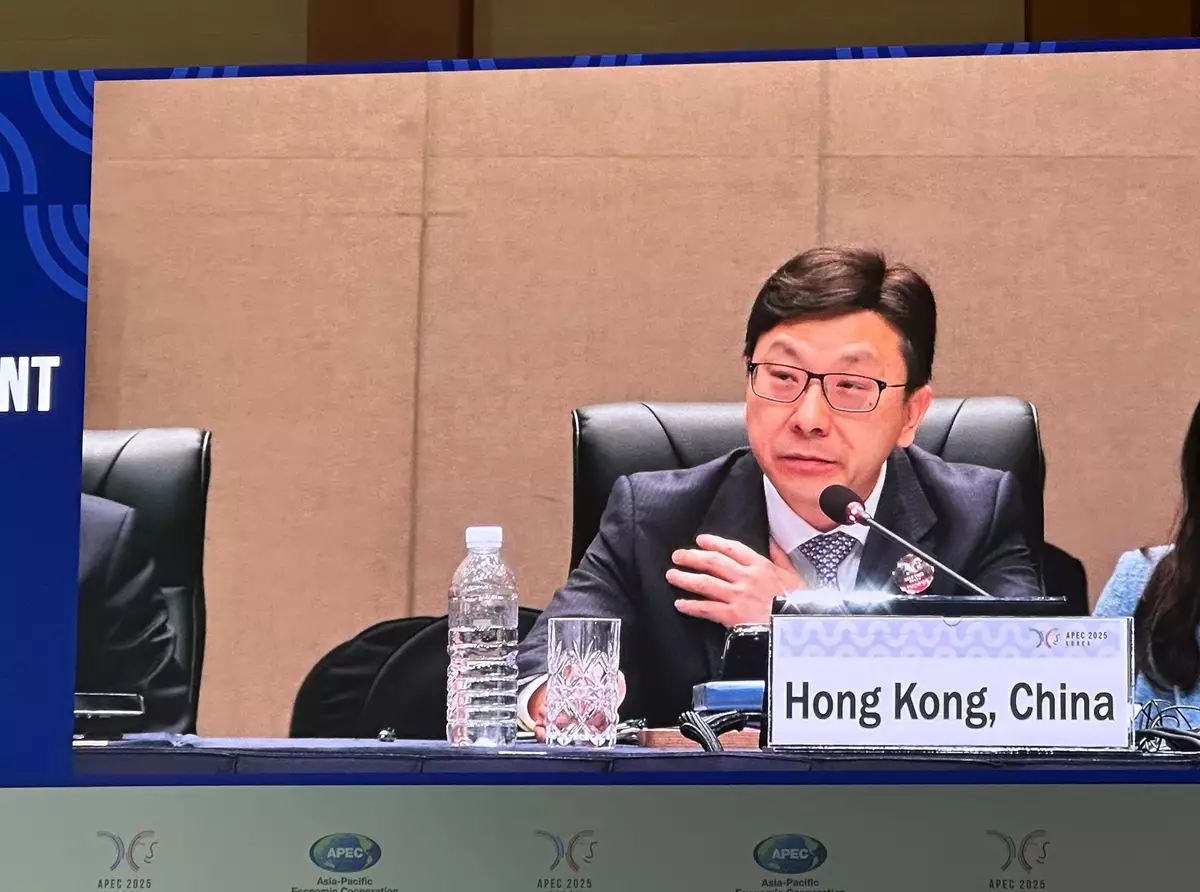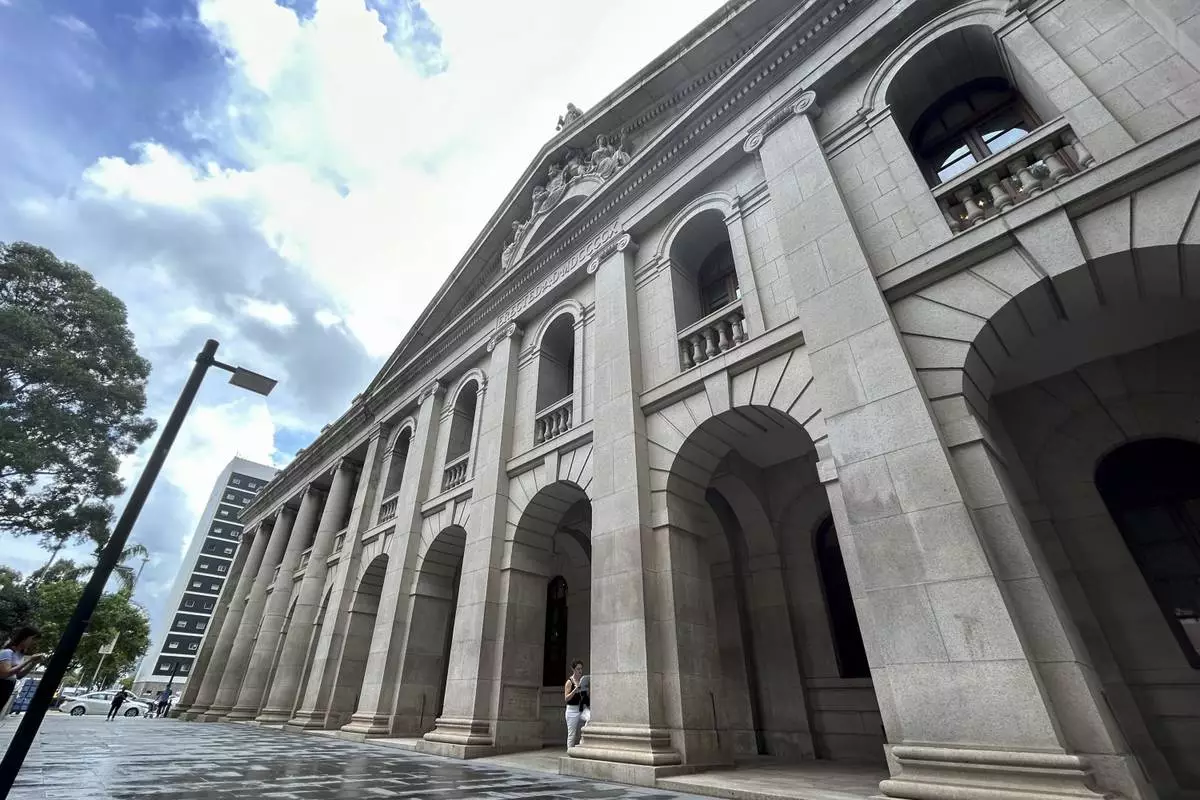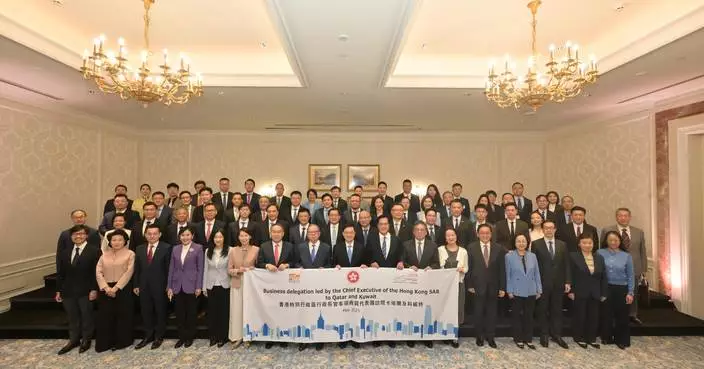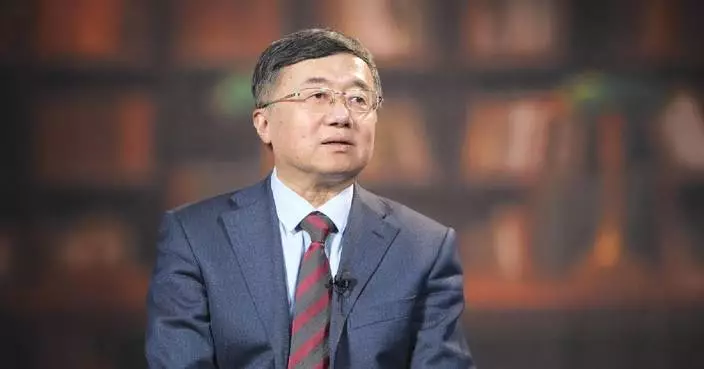Government welcomes CFA judgment on appeal of unauthorised assembly case
The Court of Final Appeal (CFA) today (August 12) unanimously dismissed the appeals of seven appellants including Lai Chee-ying arising out of their knowingly taking part in an unauthorised assembly on August 18, 2019. The Hong Kong Special Administrative Region (HKSAR) Government welcomes the CFA's judgment.
The CFA reiterated that the defendants' applications for leave to appeal on the ground of challenging the trial Judge's factual findings had been refused. The court also stated in its judgment that the appellants' constitutional challenges against section 17A(3)(a) of the Public Order Ordinance (Cap. 245) had failed, and they had not raised any constitutional challenge against the Commissioner of Police's decision to ban the march, and that was not to suggest that such a challenge would have succeeded as there were compelling reasons to accept that the Commissioner of Police's decision had been constitutionally sound and proportionate.
The CFA has explained and modified the legal concept of "operational proportionality", placing it in the well-established framework for constitutional challenges in this jurisdiction. In view of the differences between the respective frameworks for human rights challenges in Hong Kong and the United Kingdom (UK), the court also held that the decisions of the two UK cases should not be followed in Hong Kong, and rejected the appellants' argument that each of a defendant's arrest, prosecution, conviction and sentence must be separately justified as proportionate.
The HKSAR Government reiterated that Hong Kong citizens have the rights to peaceful assembly and procession conducted in accordance with the law. That said, these rights must be exercised in conformity with the relevant legislation to ensure the safeguarding of national security, public order, public safety and the protection of the rights and freedom of others. The impact of such public events on members of the public should also be minimised.
The HKSAR Government spokesman said, "Hong Kong residents have the obligation to abide by the laws in force in the HKSAR. Equality before the law is one of the fundamental facets of the rule of law, and all persons, regardless of race, rank, politics or religion, are subject to the laws of the land."
Speech by SLW at plenary session of Seventh APEC Human Resources Development Ministerial Meeting
Following is the speech by the Secretary for Labour and Welfare, Mr Chris Sun, at the plenary session themed "Flexible and Vibrant Labour Market" at the SeventhAsia-Pacific Economic Cooperation (APEC) Human Resources Development Ministerial Meeting in Jeju, Korea, today (May 12):
Good morning, chair and distinguished fellow Ministers.
Let me start off first of all by expressing my heartfelt gratitude to Korea for your warm hospitality and the very thoughtful arrangement over every detail this meeting. Flexibility and vibrancy have long been embedded in the DNA of Hong Kong, China. However, in the face of changing landscapes, we cannot stand still and must evolve and improve.
In a world where social media and artificial intelligence keep on reshaping the scope and meaning of work, it is all the more important for policymakers to focus on making employment more flexible, boosting labour productivity, and putting in place sustainable protection for workers. Today I will highlight Hong Kong, China's initiatives to address the challenges posed by the platform economy, and our efforts to enhance protection for employees across various sectors.
The platform economy is developing rapidly around the world. In Hong Kong, China, platform workers engaging in food and goods delivery services are common. Similar to other economies, their mode of co-operation with platform providers involves complex and various modes of work, which are not entirely akin to the traditional employment relationship.
Hong Kong, China attaches great importance to protecting the rights and benefits of platform workers. We have set up a tripartite liaison group to explore possible measures for strengthening protection for platform workers in collaboration with platform companies and labour organisations. We are glad to see that members of the liaison group are working together to forge consensus. The general directions are to enhance communication between platform companies and workers, increase the level of compensation for work-related accidents, and crack down on illegal workers. The aim is to enhance protection for platform workers through tripartite consultation while at the same time facilitating the sustainable development of the industry to achieve win-win outcome.
In parallel, the Government of Hong Kong, China has conducted a thematic household survey to collect major data of local platform workers. We have also conducted an opinion survey and focus groups among platform workers. Platform workers in Hong Kong, China are mostly concerned about the protection for work-related accidents and urged platform providers to provide them with protection comparable to the work injury compensation offered to employees in general. Capitalising on the work of the liaison group and the survey findings, we will map out the way forward within this year and enact necessary legislation once we have decided on the direction.
At the same time, we are addressing broad concerns through refining the scope of the Employment Ordinance in Hong Kong, China. At present, all employees covered by the Employment Ordinance are entitled to basic protection, including wage payment and granting of statutory holidays. Employees who are employed under a continuous contract are further entitled to benefits such as holiday pay, paid annual leave, sickness allowance, maternity leave, etc.
Under the current law, an employee is required to work at least 18 hours a week for four weeks in a row so as to remain engaged in continuous contract. This means an employee who occasionally works less than 18 hours in a week will fall short of the continuous contract requirement.
We have recently introduced legislative amendment to revise the threshold of the continuous contract requirement. First of all, we lower the weekly work hour threshold from 18 to 17 hours. More importantly, we make it clear that even if an employee works less than 17 hours a week, the continuous contract still remains valid if the aggregate work hours reach 68 hours or more in a designated four week period including the week in issue.
We expect that the legislative amendment will soon be passed into law. The expanded coverage of continuous contract will enable more employees with shorter and flexible work hours to enjoy full employment benefits. We believe the relaxation will also encourage more people to join the labour market.
Hong Kong, China is facing a shrinking workforce against our ageing population. To sustain the development of our workforce, we have been incentivising older people to rejoin the labour market and employers to hire older people.
First of all, we have introduced a Re-employment Allowance Pilot Scheme for three years. The aim is to encourage persons aged 40 or above who have not been employed for three months or more to work again. Eligible participants will be given an allowance of HK$10,000, which is equivalent to around US$1,300, if they remain employed for six months in a row. If they remain employed for a full year, they will receive an additional allowance of HK$10,000. Up to March this year we have received 38 000 participants with 16 000 placements recorded.
Turning to employers, we are rewarding those who hire and provide on-the-job training to older people. Eligible employers will receive a monthly allowance of HK$5,000 per employee per month for six to 12 months if they hire persons aged 60 or above. A smaller allowance and shorter period will be given to those employing persons aged 40 to 59.
To conclude, Hong Kong, China remains steadfast in its commitment to enhance the protection for the workforce and raise labour productivity. We will continue to explore innovative solutions and engage in meaningful and pragmatic dialogue with all stakeholders to create a fair and equitable labour market that empowers all individuals to thrive.
Thank you.

Speech by SLW at plenary session of Seventh APEC Human Resources Development Ministerial Meeting Source: HKSAR Government Press Releases


















































